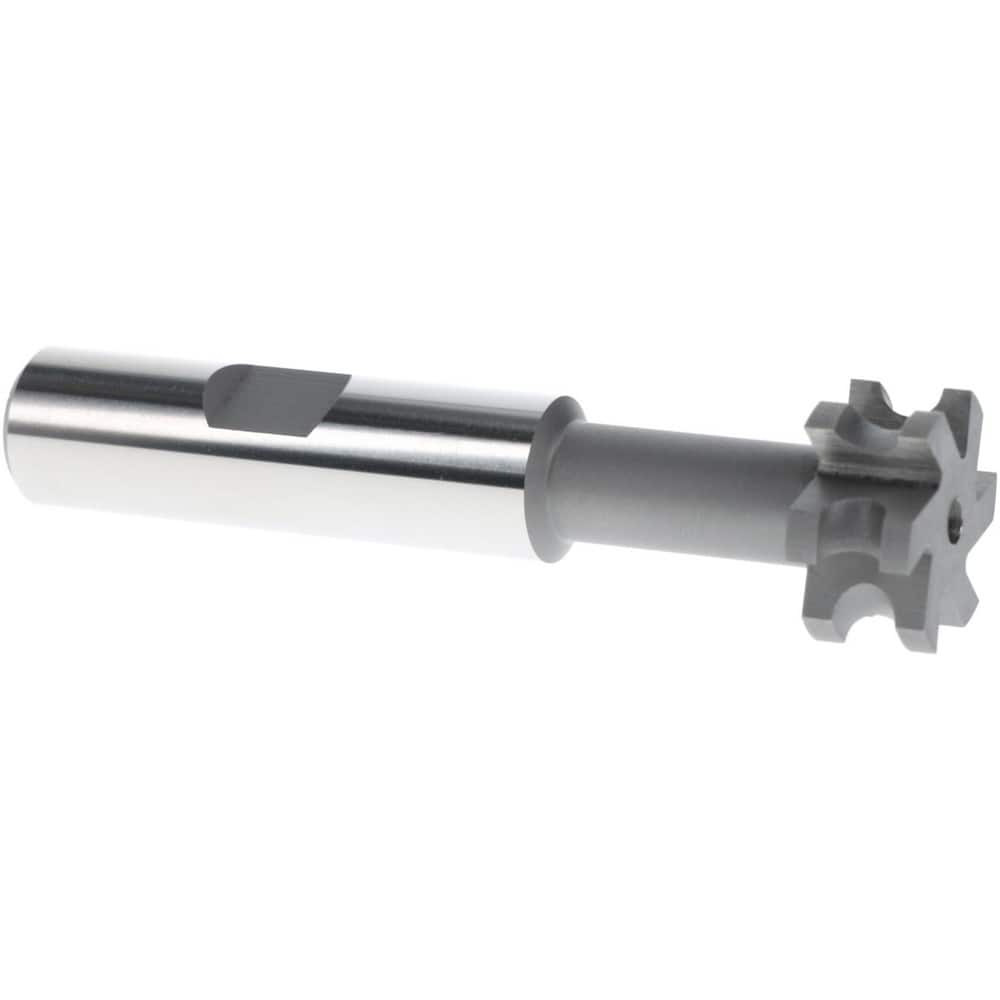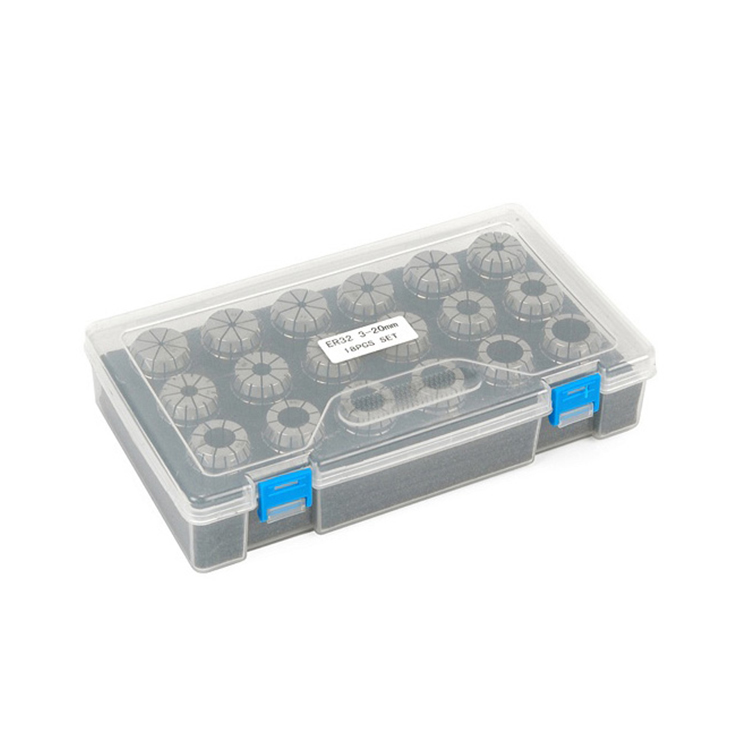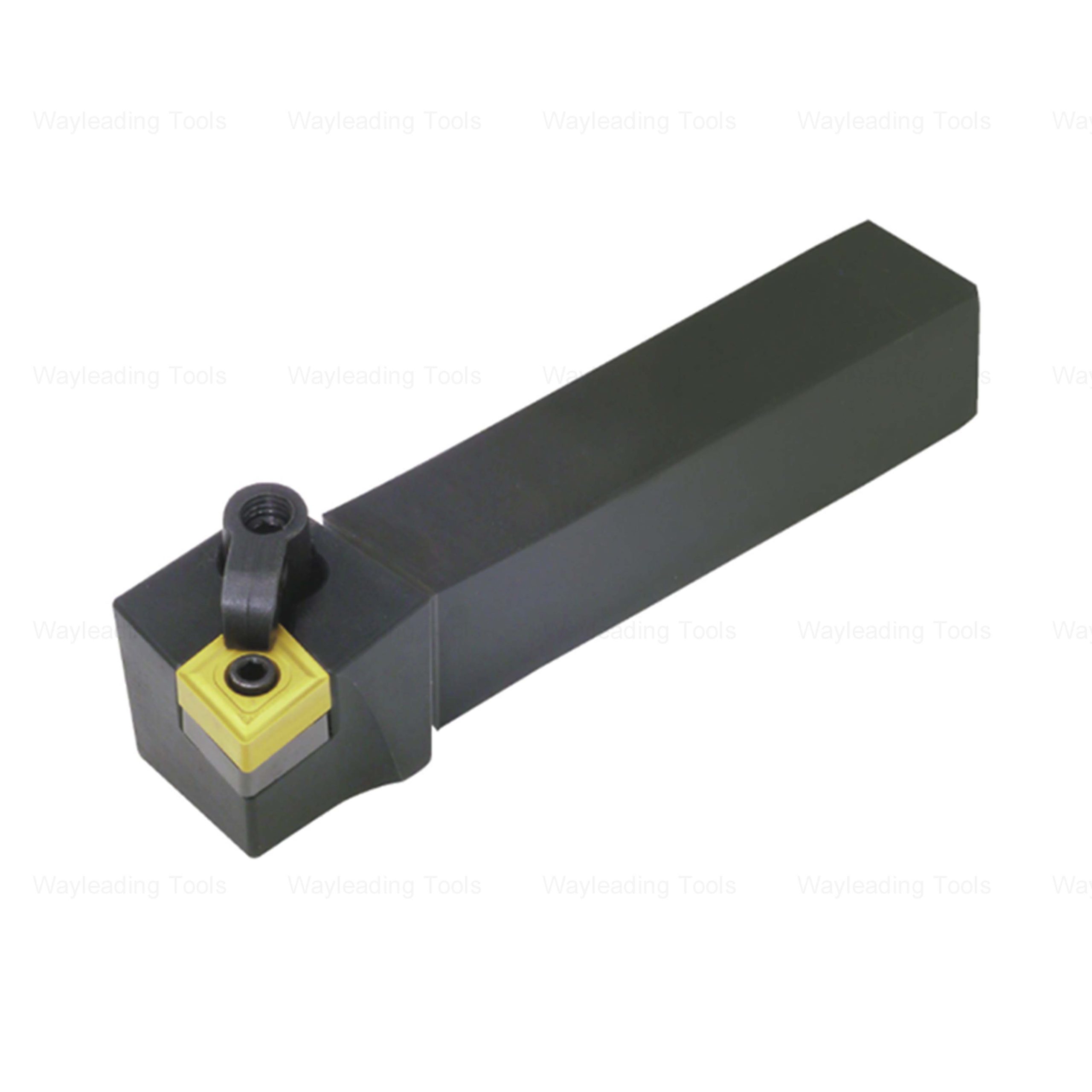Micrometer Supplier
Choosing the right micrometer supplier is crucial for accurate measurements in various industries. This guide explores the key factors to consider when selecting a reliable provider, including product quality, range of options, calibration services, and customer support. Learn how to identify a micrometer supplier that meets your specific needs and ensures precision in your projects.
Understanding Micrometers and Their Importance
Micrometers are precision measuring instruments used to determine dimensions with high accuracy. They are essential tools in fields like manufacturing, engineering, machining, and quality control. Selecting a quality micrometer from a reputable micrometer supplier ensures reliable and consistent measurements, which are critical for maintaining product quality and operational efficiency.
Types of Micrometers
There are various types of micrometers available, each designed for specific applications:
- Outside Micrometers: Used to measure the external dimensions of objects.
- Inside Micrometers: Used to measure the internal dimensions of holes or bores.
- Depth Micrometers: Used to measure the depth of holes, slots, and recesses.
- Digital Micrometers: Offer digital readouts for easy and precise measurements.
- Specialty Micrometers: Designed for specific applications, such as measuring thread thickness or gear tooth dimensions.
When selecting a micrometer supplier, consider the range of micrometer types they offer to ensure they can meet your diverse measurement needs.
Key Factors to Consider When Choosing a Micrometer Supplier
Selecting the right micrometer supplier requires careful consideration of several factors:
Product Quality and Accuracy
The primary consideration should be the quality and accuracy of the micrometers offered. Look for suppliers that provide micrometers manufactured to industry standards and calibrated for accuracy. A good supplier will provide certificates of calibration upon request.
Range of Products and Customization Options
A reliable micrometer supplier should offer a wide range of micrometers to suit different measurement requirements. Consider a supplier like Wayleading Tools, which offers diverse measurement solutions. Furthermore, the ability to customize micrometers for specific applications can be a significant advantage.
Calibration and Maintenance Services
Regular calibration is essential to maintain the accuracy of micrometers. Choose a supplier that offers calibration services or can recommend reputable calibration labs. A supplier offering maintenance and repair services can also prolong the lifespan of your instruments.
Customer Support and Technical Expertise
A knowledgeable and responsive customer support team is invaluable. The supplier should be able to provide technical assistance, answer questions about product specifications, and assist with troubleshooting. Consider suppliers that offer training on the proper use and maintenance of micrometers.
Price and Value
While price is a factor, it shouldn't be the sole determinant. Focus on the overall value, including product quality, features, and after-sales service. Compare prices from different suppliers, but prioritize quality and reliability.
Top Micrometer Supplier Considerations: A Checklist
Use this checklist to guide your selection process:
- Does the supplier offer micrometers that meet your required accuracy and resolution?
- Do they have a wide range of micrometer types and sizes?
- Are the micrometers manufactured to recognized industry standards (e.g., ASME, DIN)?
- Does the supplier offer calibration services or recommend reputable calibration labs?
- Do they provide technical support and documentation?
- What is the supplier's reputation for quality and reliability?
- What are their warranty terms and return policies?
- Are customer reviews generally positive?
Comparing Different Micrometer Supplier Options
When evaluating different micrometer supplier options, consider creating a comparison table like the one below. This helps to visualize the strengths and weaknesses of each supplier, enabling you to make an informed decision.
| Supplier | Product Range | Calibration Services | Customer Support | Price Range |
|---|---|---|---|---|
| Supplier A | Wide range of digital and manual micrometers | Offers in-house calibration services | Excellent customer support via phone and email | $$$ |
| Supplier B | Limited range, primarily manual micrometers | Recommends third-party calibration labs | Good customer support via email only | $$ |
| Supplier C | Specializes in specialty micrometers | Offers calibration services for specialty instruments | Technical support available for specialty applications | $$$$ |
(Note: Price range: $ = Budget-friendly, $$$$ = Premium)
Ensuring Accuracy and Longevity of Your Micrometer
Once you've chosen a micrometer and a micrometer supplier, proper usage and maintenance are crucial for ensuring accuracy and prolonging the instrument's life.
Proper Handling and Storage
Handle micrometers with care to avoid damage. Store them in a clean, dry environment, preferably in their original case. Avoid dropping or subjecting them to extreme temperatures.
Regular Cleaning and Lubrication
Clean micrometers regularly with a soft cloth to remove dirt and debris. Lubricate moving parts with a light oil to ensure smooth operation. Refer to the manufacturer's instructions for specific cleaning and lubrication recommendations.
Periodic Calibration
Calibrate micrometers periodically, typically every six months to a year, depending on usage. This ensures that the instrument maintains its accuracy and provides reliable measurements. A reliable micrometer supplier can often assist with calibration services. Micrometer accuracy is also affected by temperature. Always allow the micrometer and workpiece to reach the same temperature before measuring.
Conclusion: Making an Informed Decision
Choosing the right micrometer supplier is a critical investment in quality and accuracy. By considering the factors outlined in this guide, you can select a supplier that meets your specific needs and ensures reliable measurements for your applications. Remember to prioritize product quality, calibration services, customer support, and overall value. Partnering with a reputable micrometer supplier like Wayleading Tools will help you achieve precise and consistent results, ultimately contributing to the success of your projects.
Disclaimer: The information provided in this article is for general guidance only. Always consult with a qualified professional for specific applications and requirements.
Data parameters regarding specific micrometer models should be verified on the manufacturer's official website.
Related products
Related products
Best selling products
Best selling products-
 HSS Shell End Mill Cutter With Bright & TiN Or TiAlN Coated
HSS Shell End Mill Cutter With Bright & TiN Or TiAlN Coated -
 Parting & Grooving Tool Set With SLTB Blcok, NCIH Blades, GTN Inserts
Parting & Grooving Tool Set With SLTB Blcok, NCIH Blades, GTN Inserts -
 Indexable Square Shoulder End Mill For Industrial
Indexable Square Shoulder End Mill For Industrial -
 Inch ER Collets With Hight Precision Milling
Inch ER Collets With Hight Precision Milling -
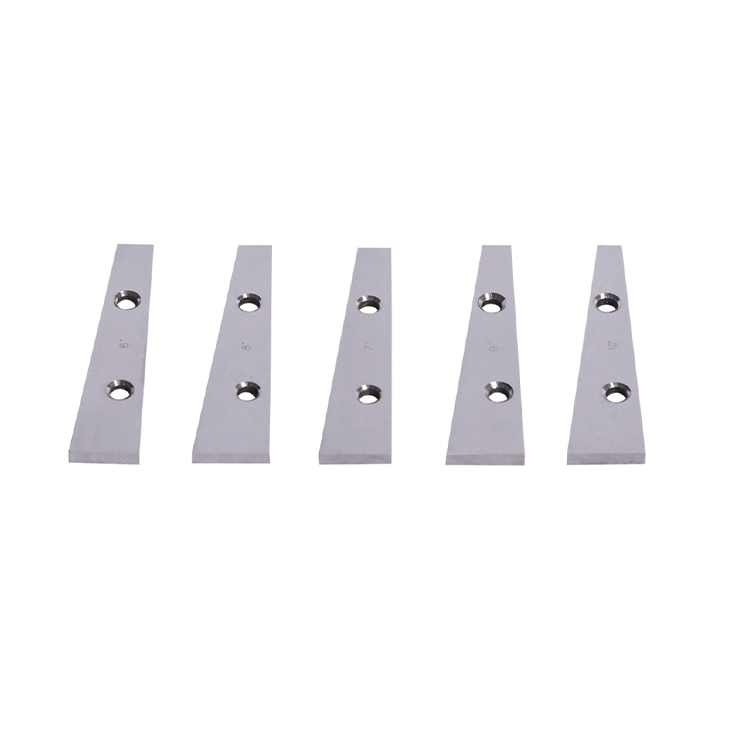 Precision 5pcs & 6pcs Angle Blocks Set With High Quality Type
Precision 5pcs & 6pcs Angle Blocks Set With High Quality Type -
 Type E Oval Tungsten Carbide Rotary Burr
Type E Oval Tungsten Carbide Rotary Burr -
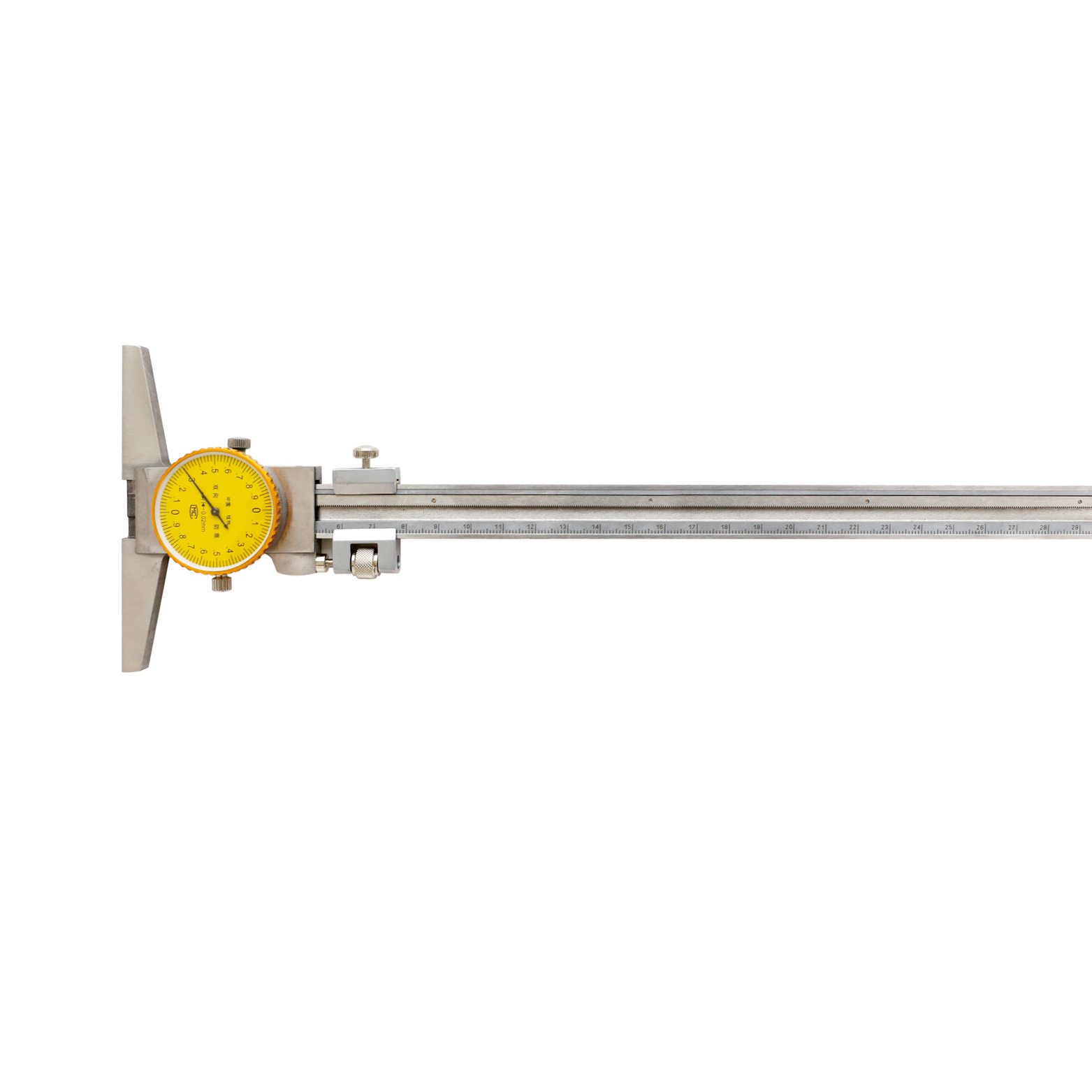 Dial Depth Gauge With Stainless Steel For Industrial Type
Dial Depth Gauge With Stainless Steel For Industrial Type -
 Auto Self Reversible Tapping Chuck In Drill Machine
Auto Self Reversible Tapping Chuck In Drill Machine -
 MT-APU Drill Chuck Holder With Keyless Type
MT-APU Drill Chuck Holder With Keyless Type -
 Precision Micrometr Holder For Micrometer
Precision Micrometr Holder For Micrometer -
 Precision V Block And Clamps Set With High Quality Type
Precision V Block And Clamps Set With High Quality Type -
 Precision 17pcs Angle Blocks Set With High Quality Type
Precision 17pcs Angle Blocks Set With High Quality Type
Related search
Related search- milling chuck Factories
- morse taper holder Factory
- SCFC turning tool holder Factory
- Wholesale indexable threading mill
- hss turning tools Suppliers
- chamfer bit for metal Manufacturers
- High-Quality slot end mill
- High-Quality morse taper extension sleeve
- apu drill chuck Manufacturers
- milling gear cutter Manufacturers

